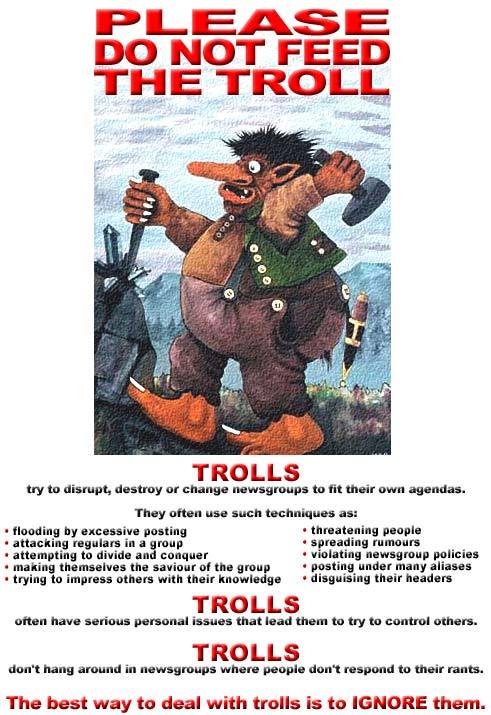Watching a speech by ethicist Debra Satz on noxious markets, left me quite underwhelmed. Noxious markets, like markets in child labor, prostitution, and kidney exchange are markets that society sometimes chooses to outlaw. For some reason, trade in noxious markets is or should be restricted. I firmly believe that economics needs to absorb insights from other disciplines and that this argument is important, but I find the paradigm Satz offers us to think about these markets falls well short.
She offers these major criteria for identifying noxious markets:
1. Weak Agency
2. Vulnerability and Inequality
3. Extreme harms to individuals
4. Extreme harms to society
She then walks through what her paradigm would say about kidney exchange. For weak agency, she argues that 40% of kidney sellers in India didn't know how many kidneys they had; they aren't informed enough to make a decision. For inequality, how do we feel about the poorest in the world becoming the world's kidney sellers? She argues that allowing kidney markets changes the price of credit. Those willing to use a kidney as collateral have more access to credit, hurting those unwilling to donate, which in some sense in an externality of the kidney market.
As a test of your intuition on whether this is a problem, imagine, she says to the group of Stanford students, that Stanford had required that they put up an arm as collateral for their student loans. I thought the comment starkly showed the weakness of here discussion. Strikingly, no where in her discussion of kidney markets does she consider all of the people that wouldn't die, because they got new kidneys. But, of course, that's the whole game. Contrast a legal market in arms, where peculiar wealthy people enjoyed the sense of power they felt by purchasing arms to the poor. Surely that market is much more noxious than a person whose kidney is failing and just wants a chance to keep living.
It's quite possible that a world with legal kidney donations has in it many kidney donors that regret their decision to donate, but it also has a lot more people that didn't die waiting for a kidney. Any serious discussion, must attempt to grapple with both possibilities.
Additionally, is there a worse way to test your intuition about kidney markets than by considering a market in arms? Markets in things that don't exist are really weird and really hard to think about. I expect my intuition especially likely to fail me. That the student loan market can saddle an 18 year old with $150,000 debt that they can't get rid of through bankruptcy is also potentially noxious, but it isn't nearly as weird to think about, since it actually exists.
A lot of her talk is about weird markets and sales that make us cringe, but we also need to think hard about noxious markets we allow, like pornography, gambling, and plasma donations. We can check all of the noxious boxes and still be better off with a legal market than an illegal market.


